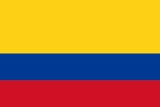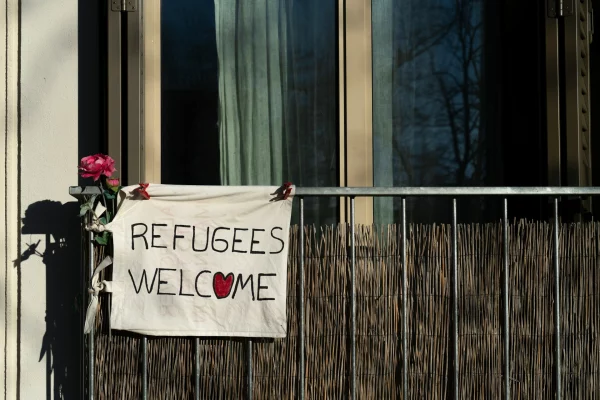What is the Global Pluralism Monitor?
The Global Centre for Pluralism’s work over the past decade and around the world often led to conversations with partners about wanting to better understand the state of pluralism in a country or a given context. Those discussions prompted the development of the Global Pluralism Monitor, a tool that assesses the state of pluralism in countries around the world.
The Monitor utilizes an assessment framework that measures inclusions and exclusions across political, economic and social dimensions, through 20 distinct indicators. Drawing on qualitative and quantitative data, a team of experts produces a country report on the state of pluralism in their society. The reports are grounded in local realities, putting communities’ lived experience at the centre of the analysis.

In an ever-shrinking, ever more diverse world, a genuine sense of pluralism is the indispensable foundation for human peace and progress.

We need tools and we need strong evidence, and we need to reach out, build bridges and engage in dialogue.
Meredith Preston McGhie, Secretary General for the Global Centre for Pluralism
Coming soon...
Stay tuned for these upcoming Global Pluralism Monitor reports














